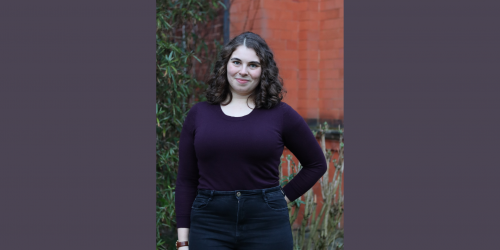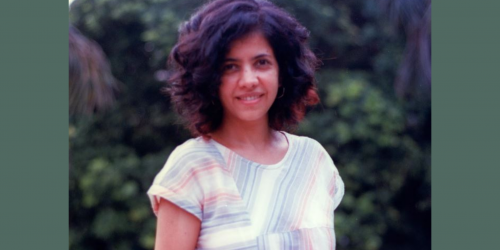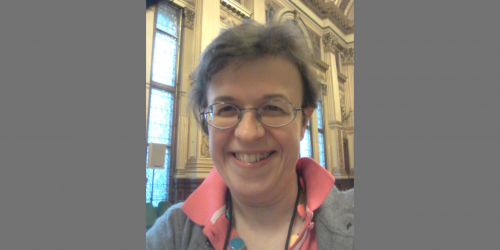
#LivefromLucy: "LGBTQ+ Inclusion at Universities: Testimonies and Recommendations from the ‘Out at Cambridge’ Study"
In celebration of LGBTQ+ History Month, Elisabeth Sandler addressed why LGBTQ+ inclusion at universities matters.
Watch Dr Rihab Khalid discussing energy demands in Pakistan. The talk was also part of Lucy Cavendish's Anna Bidder Series.
Current housing and energy policies are based largely on techno-economic models of efficiency. As such, they fail to address the ways of living and patterns of demand that emerge from the specific socio-material and cultural context, and determine how the need for energy arises and evolves. Taking the case of middle-class housing in Lahore, Pakistan, this talk will look at how a socio-technical approach to domestic energy demand can help to:
1) explain growing household electricity-use as a consequence of the co-evolution of household practices and material arrangements (how we got to this point)
2) explore potential low-energy interventions in design and use (where do we go from here?)
About the speaker
Dr Rihab Khalid is an interdisciplinary researcher in sustainable energy consumption and demand management, focusing on socio-technical approaches to societal transitions. In particular, she is interested in the intersections of gender, energy infrastructure and space use in Pakistan and more broadly in the Global South. Her work takes a multidisciplinary approach to understanding energy demand, amalgamating socio-cultural theories with more technically grounded understandings of consumption in the context of architectural and urban spaces. Dr Khalid is committed to problem-driven research to tackle societal challenges, and to improve energy efficiency and sufficiency to meet climate change targets. Currently, she is in her first year as a JRF at Lucy, and also a Co-I on an ARU QR-GCRF project: Gender equity and energy access in the Global South.

In celebration of LGBTQ+ History Month, Elisabeth Sandler addressed why LGBTQ+ inclusion at universities matters.

In this virtual talk, Professor Sunalini Kumar examined the histories of city-planning and city-building in the 20th century.

In this informative virtual talk Professor Francesca Saggini discussed the life and works of Frances Burney.